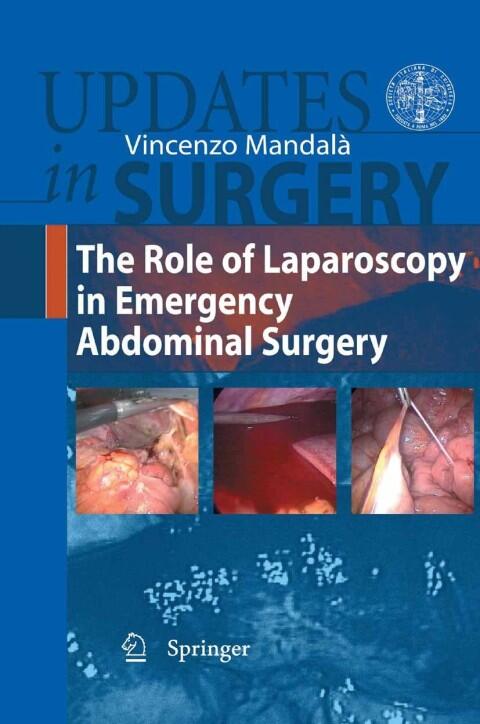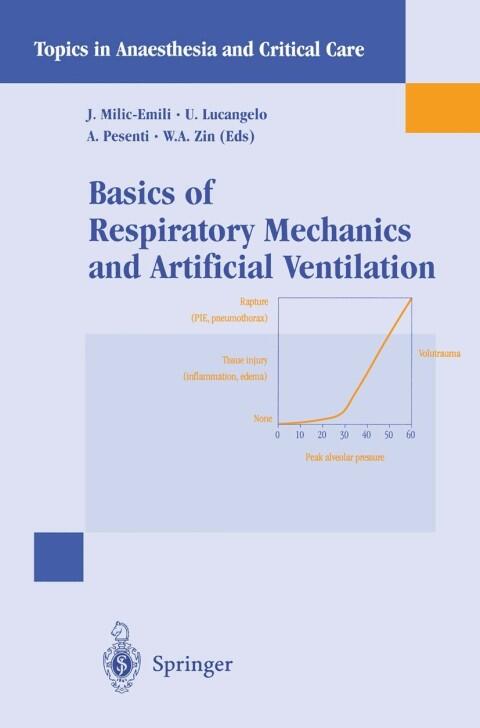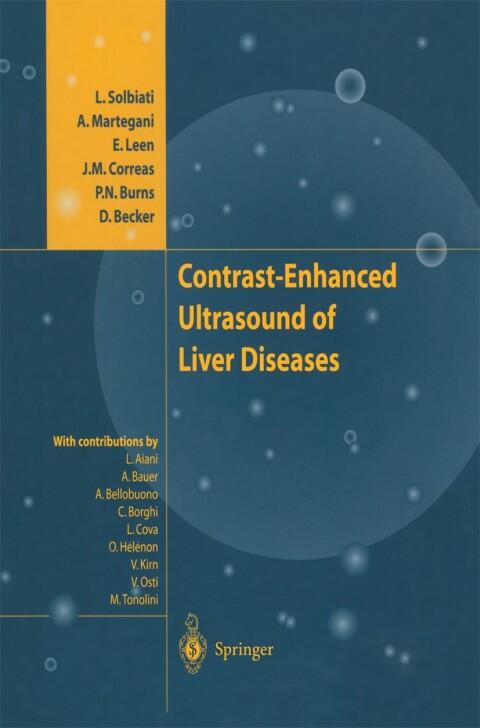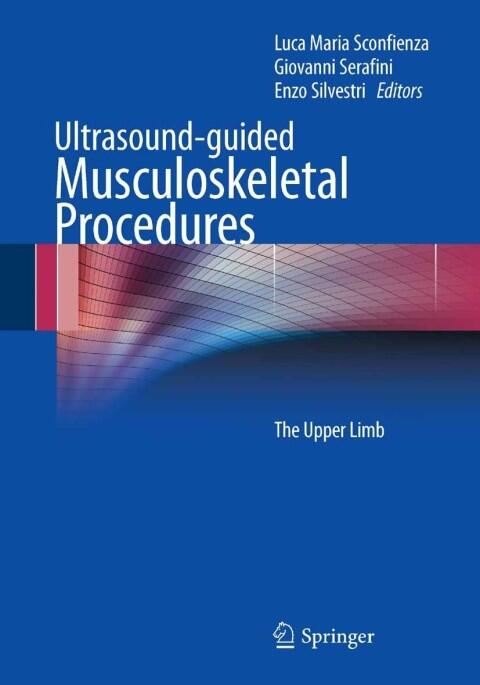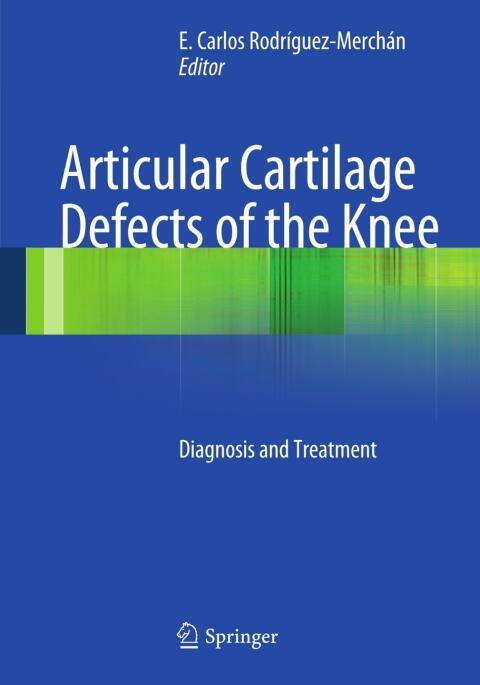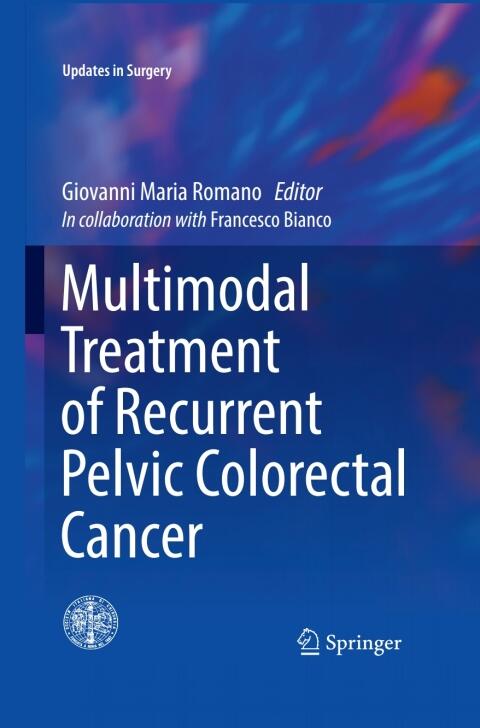
Multimodal Treatment of Recurrent Pelvic Colorectal Cancer
Edition: 1st ed. 2016
Language: Italian
Format: Kindle
ISBN 10: 8847057671
ISBN 13: 9788847057678
Publication date:
January 1st, 2015
Publisher: Springer
Pages: 200
Genres: Health & Wellness
This comprehensive work dives deep into the complexities of treating recurrent pelvic colorectal cancer, offering an in-depth exploration of the latest surgical techniques and integrated treatment models. The authors, with their rich expertise in the field, highlight the importance of a multidisciplinary approach that combines surgery, chemotherapy, and radiation therapy to enhance patient outcomes.
The book sheds light on innovative strategies employed in the management of locally recurrent rectal cancer, emphasizing the importance of personalizing treatment plans according to the unique characteristics of each patient’s condition. Case studies are interwoven throughout the chapters, providing real-life examples that illustrate the efficacy of multimodal interventions.
Readers will find a wealth of knowledge regarding emerging technologies and methods aimed at improving surgical precision, reducing complications, and facilitating faster recovery. By addressing both the current standards and future directions in the field, this work serves as an essential resource for healthcare professionals dedicated to optimizing treatment for a challenging diagnosis.
Moreover, the collaborative nature of the text encourages an ongoing dialogue among specialists, promoting a holistic understanding of the patient journey. This resource is pivotal for those who seek to stay at the forefront of colorectal cancer management and improve the quality of care for their patients.
The book sheds light on innovative strategies employed in the management of locally recurrent rectal cancer, emphasizing the importance of personalizing treatment plans according to the unique characteristics of each patient’s condition. Case studies are interwoven throughout the chapters, providing real-life examples that illustrate the efficacy of multimodal interventions.
Readers will find a wealth of knowledge regarding emerging technologies and methods aimed at improving surgical precision, reducing complications, and facilitating faster recovery. By addressing both the current standards and future directions in the field, this work serves as an essential resource for healthcare professionals dedicated to optimizing treatment for a challenging diagnosis.
Moreover, the collaborative nature of the text encourages an ongoing dialogue among specialists, promoting a holistic understanding of the patient journey. This resource is pivotal for those who seek to stay at the forefront of colorectal cancer management and improve the quality of care for their patients.

